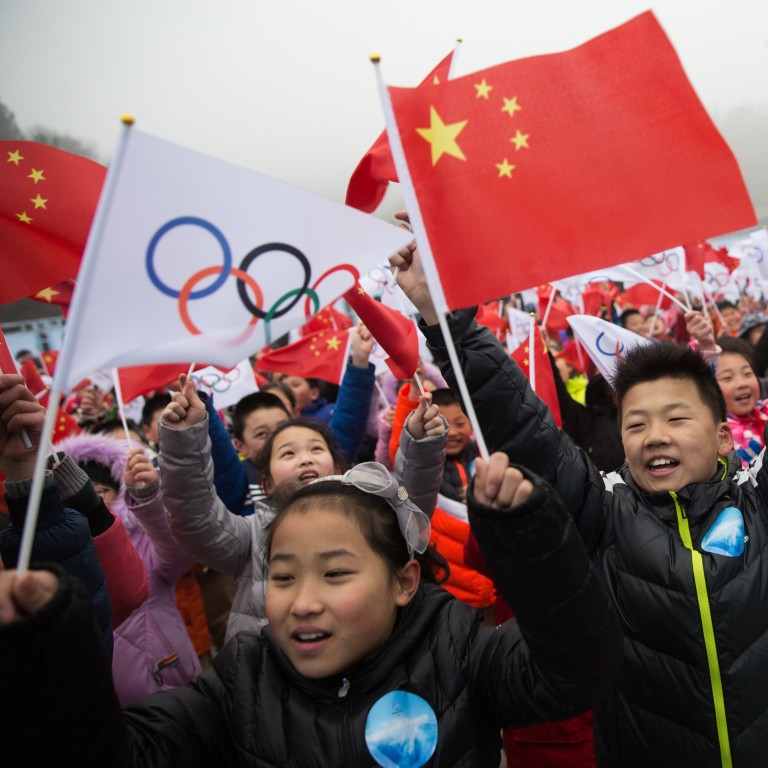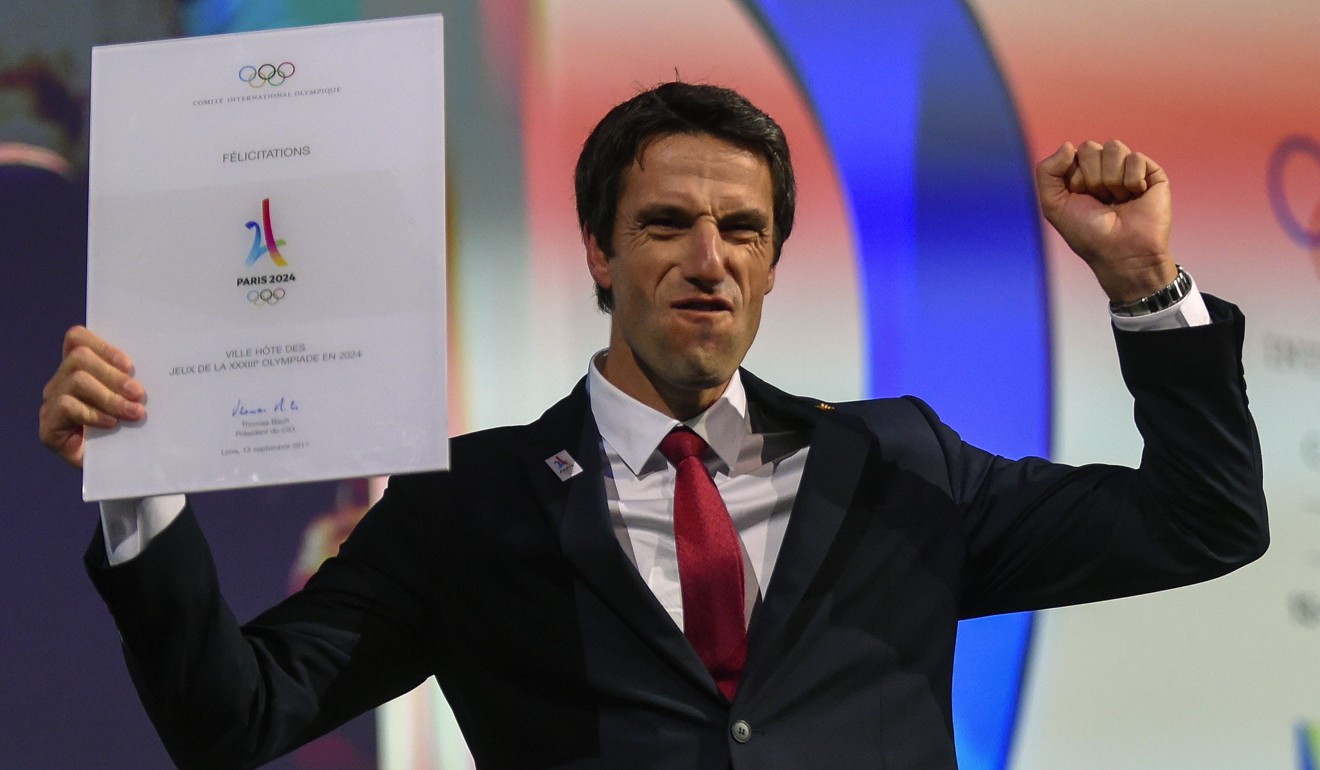
Pyeongchang 2018, Tokyo 2020 and Beijing 2022: Asian dominance of Olympics buoyed by 2007-08 financial crisis
- Why are Asian Olympic cities succeeding where other cities are failing? You have to look back to the 2007-08 financial crisis for answers
- Pyeongchang, Tokyo and Beijing benefited greatly from the Great Recession when it came to hosting Games
Is the 2007-08 financial crisis still being felt when it comes to hosting major sporting events?
With the 2020 Summer Olympics in Tokyo closing in, around a thousand days until the 2022 Winter Olympics in Beijing, and the recently completed 2018 Winter Olympics in Pyeongchang, South Korea, the three weave an interesting tale of longlasting economic impact.
From 2018-24 when Paris hosts the Summer Games represents six years of Olympics being held solely on Asian soil, a feat not replicated in both the Games’ history.

Beijing will become the first city to host a summer and winter edition, a title many thought may have been impossible as little as a decade ago. To predict the Chinese capital would take the honour ahead of other international cities points to a dynamic financially charged power shift.

All these accolades and wins for Asian cities keep piling on, compounding a question: what did they do right and what happened to the other cities?
The recent debacles, including the 2016 Summer Olympics in Rio and the upcoming mess that will be the 2022 Fifa World Cup in Qatar, are juxtaposed with Japan’s 2020 edition: one of the controversies so far aside from the country’s longstanding issue with whaling? Apparently the Olympic logo looks eerily similar to that of the Théâtre de Liège in Belgium’s logo. Gasp!
Failed bids outside Asia from heavy hitters have piled up when it comes to a number of events: Calgary shot down a chance to host the Winter Olympics for the second time and Rome tried to no avail to get bids off the ground for both the 2020 and 2024 Summer Olympics. Madrid also went through two failed bids for 2016 and 2020.
Even the States have had high-profile failures, including New York (2012), Chicago (2016) and Los Angeles, only nabbing the 2028 Summer Olympics after its 2024 bid tanked.

In fact, the International Olympic Committee broke tradition when it gave Paris the 2024 Summer Olympics (after three failed attempts) and LA the 2028 edition at the same press conference.
It will also be the first time the US will host an Olympics since 1996 in Atlanta, which makes 32 years. That is a huge drought for arguably the world’s largest sporting nation and perennial medal leader.
Japan will host the 2019 Rugby World Cup, the Japanese Football Association is circling a bid for the 2023 Fifa Women’s World Cup, and China has made clear it wants to host more Summer and Winter Games along with a Fifa Men’s World Cup starting as early as 2030.
South Korea is mulling a joint bid with North Korea for the 2030 Fifa Men’s World Cup as well as Japan and China, meaning two of the three are likely to back out to let the other win, or they will all combine forces for one bid.
So, where did all this Asian dominance get its start?
Turns out you have to go all the way back to 2007-08 and take a look at the global economic downturn and the international power shift it created.
North America and Europe were the hardest hit by the financial crisis, which left only three bids for the 2018 Games. Pyeongchang beat Munich, Germany and Annecy, France largely because the European Union was in shambles for years after 2008.

When the selection process for 2020 came around in 2013, many austerity measures in Europe had left the interested countries less than enthusiastic about getting behind an event that usually leaves a city with a massive amount of debt.
Tokyo beat out Rome, who backed out due to their ongoing sovereign debt crisis, and Madrid, who were in the middle of their own financial turmoil. And finally there was Turkey, a country rife with political instability, still ongoing. Tokyo basically won the Games by default.
When you get to 2022, it became the Olympics nobody wanted – except China. In fact, when all was said and done when the selection was finalised in 2015, Beijing had one laughable competitor when the IOC made its pick: Almaty, Kazahkstan.
Oslo, Norway, dropped out before the final selection, and a number of American cities were mulling bids including Bozeman, Montana, Denver, Colorado, Reno, Nevada and Salt Lake City, Utah, but none failed to catch the proper attention of the US Olympic Committee.
If the 2008 financial crisis has taught us anything, it’s that global economic turmoil has long and lingering effects.
More than a decade later, it spawned a power shift in major sporting events, showing just how hard countries’ capabilities and influence can be knocked back by wealth mismanagement.

